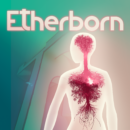
Developer: Altered Matter
Publisher: Altered Matter
Platform: Switch, PS4, Xbox One, PC,
Tested on: Switch
Etherborn – Review
From Spanish developer Altered Matter comes Etherborn, a puzzle platformer where the environment you explore serves as an organic Rubik’s cube. After winning several industry awards over the past few years, the game now finally arrives on all major consoles, with the support of the 20th Century Fox & Disney Indie Fund.
Story
You are a nameless, voiceless being, a blank slate. A mysterious voice beckons you to come. It’s up to you to go on a journey and discover your conscience. All of it ties into the greater story of Etherborn: as you climb the tree of life, you’ll learn how something as beautiful as language and knowledge, a key to who we are as humans, has actually become a burden on our choices.
It’s a shame though, that the story is so scattered between the levels, as it doesn’t feel related to what you experience on each stage. The result is that the story fragments don’t really seem connected to what you are playing through. A deeper meaning is undoubtedly supposed to be there. Unfortunately, it is lost simply because the cleverly designed puzzles in the stages require a lot of concentration and brain work: even if you are paying attention to the limited cutscenes, you’ll likely have forgotten the monologue prior to a level by the time you finish it.
Graphics
Exploring the world of Etherborn feels much bigger than screenshots might convey –it doesn’t really come to life until you see it in motion, especially when you start to move around and the stage starts moving around you. It’s a clear example of the sum being greater than its parts: the first time the world starts to shift has that wow-effect many games strive for, even if the game doesn’t push any graphical limits.
An eye-pleasing palette of pastel colors defines each level. These look distinctively different from one another and there is no visual repetition between the stages. Despite this, the overall look of the game is still cohesive. It’s an impressive feat to make every stage have a different style yet have them all tie together in a way that feels natural and unforced, but Altered Matter managed to do just that.
Sound
Accompanying each of the aforementioned distinct worlds is a soundtrack that also differs between each of the stages. Musical tracks are kept fairly low key and provide a mysterious atmosphere. The soundtrack never takes the forefront –it is meant to enhance your experience, not to distract from it. In this way, it works well, but it’s doubtful that you’ll be revisiting the musical tracks after finishing the game.
Voice actress Natalie Winter does an excellent job in evoking the mystery that surrounds Etherborn. The monologues between each level are presented in a natural manner, and never feel phoned in nor overly dramatic. Her voice is the only one you’ll hear on your journey, as apart from the monologues and the music, sound design is limited. The only other sounds you’ll hear are the noises you make as you run, jump and collect objects, and those created by the environment.
Gameplay
Etherborn is a puzzle game, but not the kind you’d expect: the puzzle you need to solve is the world around you. As you travel across the landscapes of Etherborn, you’ll see the environment rotate around you in an Escheresque manner. Walking along a curved edge will rotate your surroundings, but jumping over a straight part of the same ledge will not. Most of the time, the camera doesn’t rotate with the world, so often you’ll find yourself walking up walls in a 90-degree angle relative to your previous position. Up becomes down, left becomes right and new paths become accessible as you navigate your way through the puzzles. If this sounds confusing and disorientating, fear not: you are eased into the mechanics and it all feels surprisingly intuitive.
While the first level is designed to get you to grips with the core mechanic of the world rotating as you explore it, later levels will introduce a variety of obstacles to overcome. Acid lakes and walls that appear and disappear depending on your proximity are just a few of the hindrances you’ll encounter. Your aim is to locate and collect glowing objects that act as keys. Placing them in the appropriate slots on the map will cause another shift in the environment, allowing you to progress towards the end of each level. Controls are simple: you can move around and jump. There are two speed settings for your character. The default walking pace is on the slow side, so it’s a welcome discovery that you can change the settings so that running becomes the standard speed. If you do so, you’ll slow to the regular walking pace when pressing the dash button instead.
The levels themselves are elaborate and very well designed. The solution is never obvious, but the puzzles never feel unfair. One of the great things about the game are those aha-moments whenever you realize the next step in solving a puzzle. Thankfully, those are plentiful, which is a testament to how well each stage is crafted. That doesn’t mean they are perfect: jumping diagonally between ledges, which is required in some stages, feels awkward and less accurate than jumping straight.
Thankfully, the game is very forgiving. There is no inherent punishment for making a mistake. If you die, most likely from falling down a ledge, your character is simply revived, with all of the glowing objects you carry still with you. This refreshing take means very little backtracking, and it encourages experimentation, which is necessary to figure out some of the more refined conundrums you encounter.
If there is one thing that is disappointing about Etherborn, it’s how short the game is –it can be completed in roughly four hours, with the final level eating up about a quarter of the time you’ll spend in this beautiful dream world. You likely won’t rush through the game in a single playthrough though: the brainwork required for some of the puzzles can feel overwhelming after a while. Completing the game unlocks a challenge mode, so enthusiasts can revisit a more difficult version of the game, though a second playthrough won’t have the same wow-effect as engaging with each level for the first time.
Conclusion
Etherborn is more than worth a look at. Don’t let the seemingly short time to complete it deter you from giving the game a chance: If you take your time with the game instead of rushing through it, you’ll be rewarded with a lovingly crafted puzzle game set in a relaxing atmosphere.
Etherborn - Review,
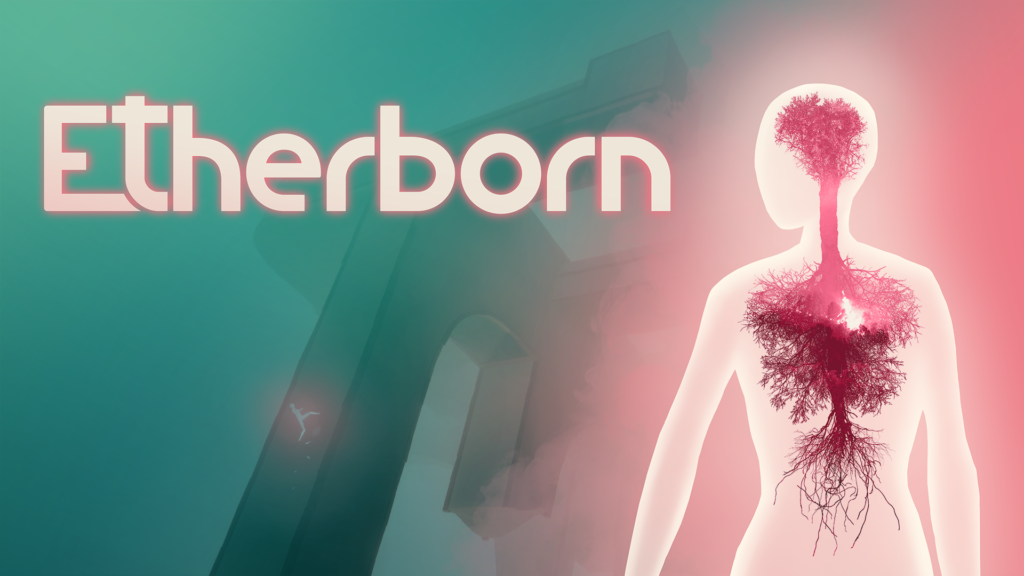
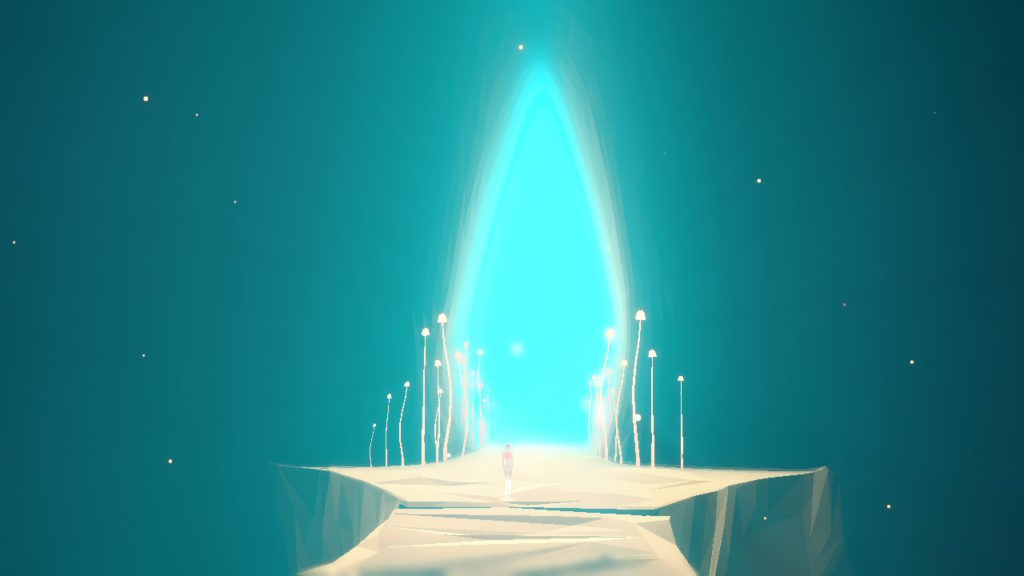
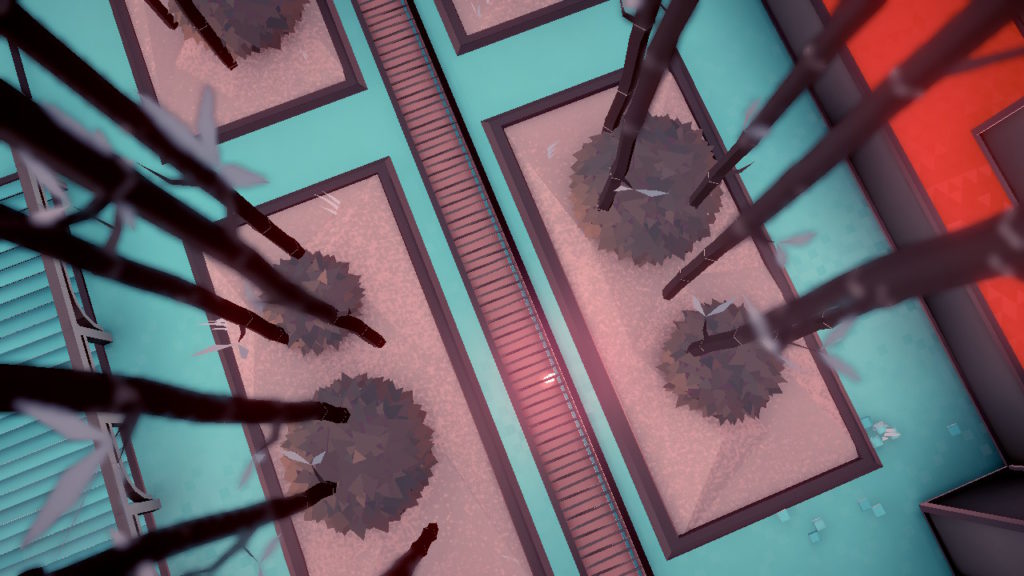
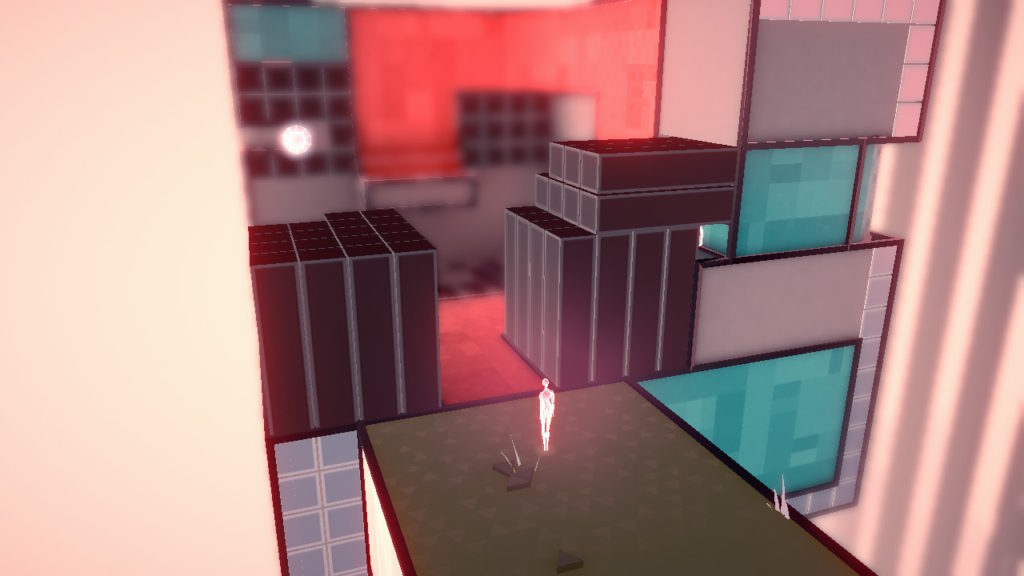
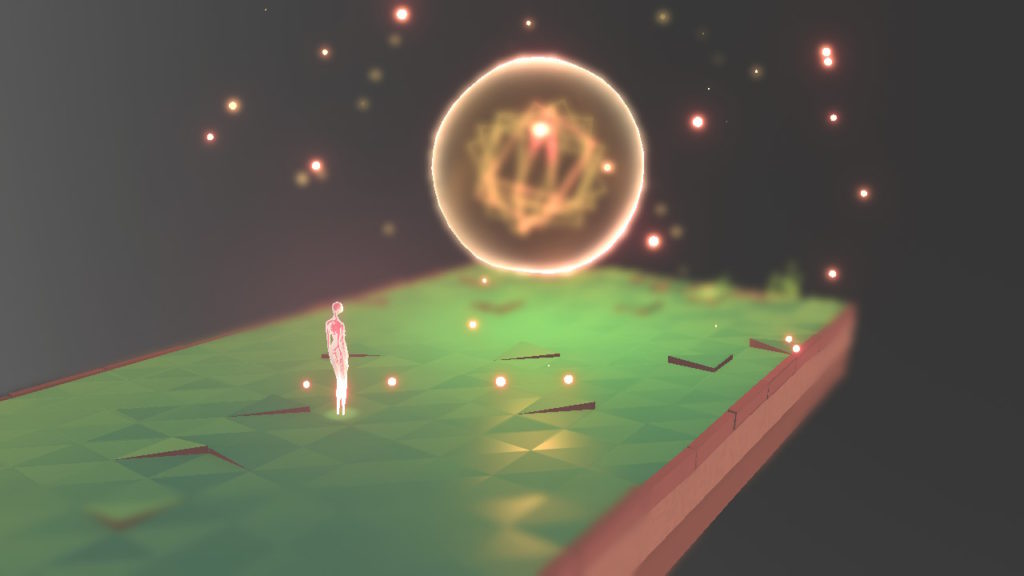
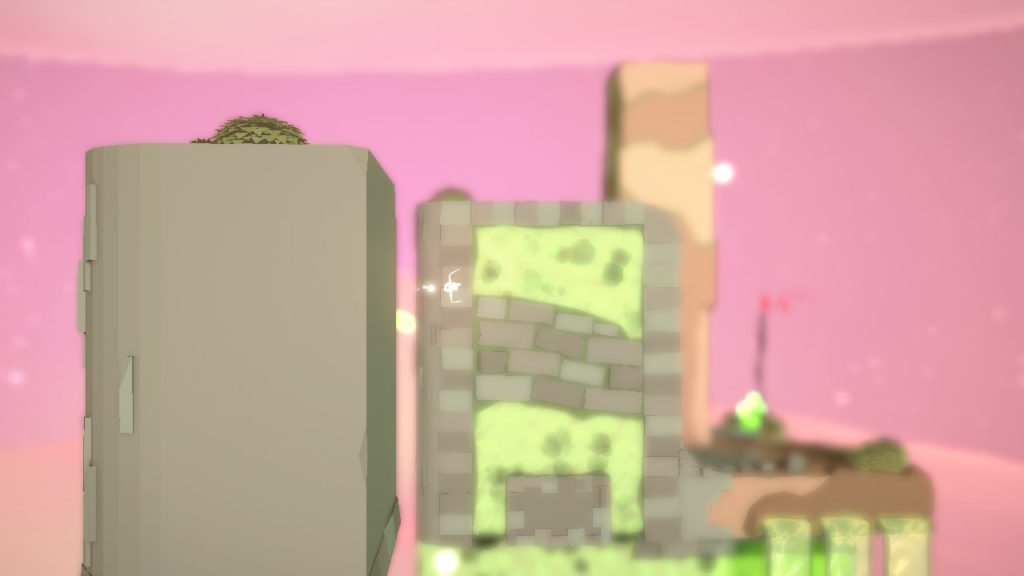
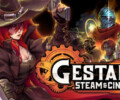

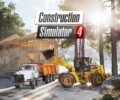
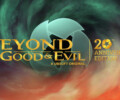
No Comments